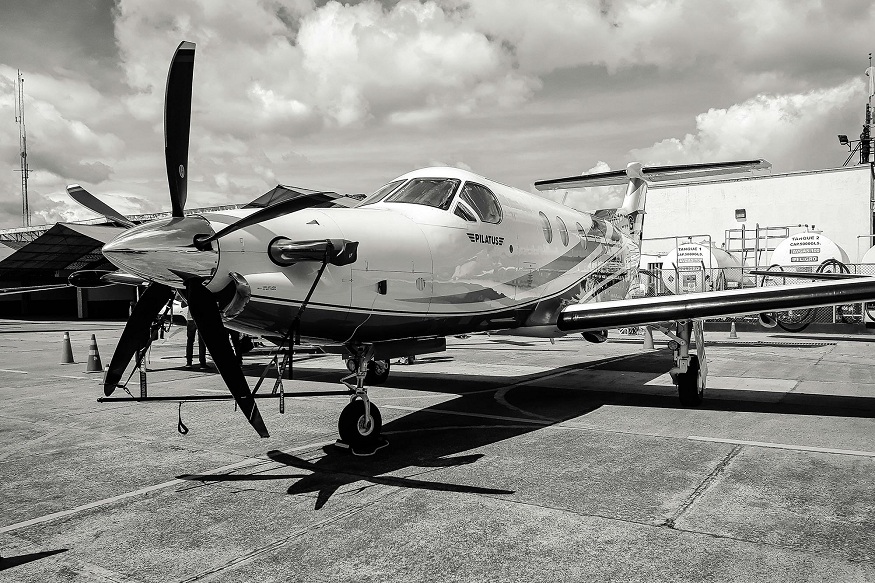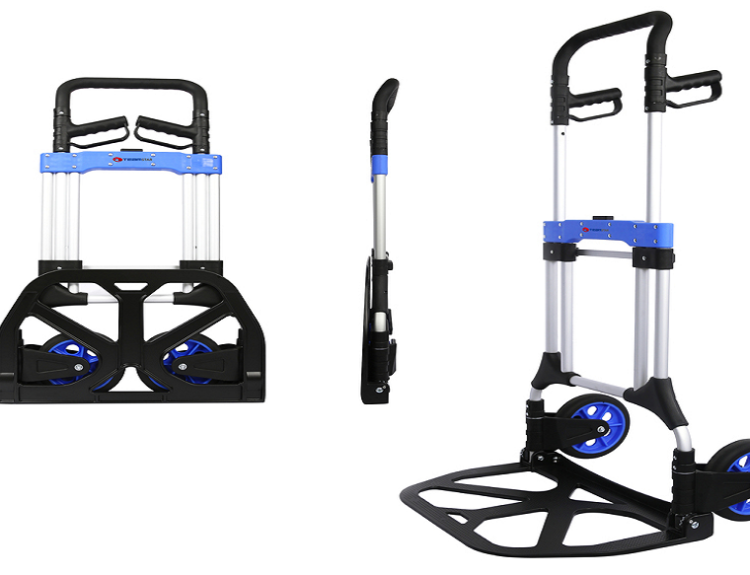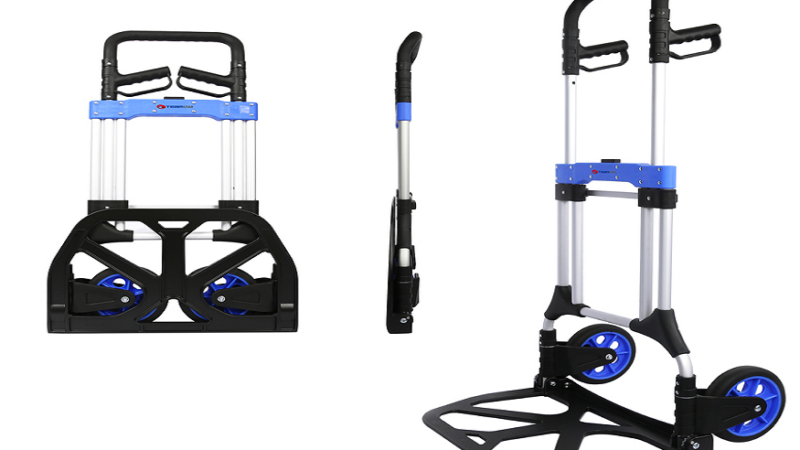Purchasing a private jet is a significant investment that offers unparalleled convenience, flexibility, and luxury. For those considering this step, understanding the costs involved is essential. From the purchase price to ongoing operational expenses, owning a jet involves various financial considerations. Whether you’re an individual seeking personal travel freedom or a corporation aiming to streamline executive transportation, exploring private jets for sale requires a comprehensive breakdown of the costs involved.
The Initial Cost of Buying a Private Jet
The upfront cost of a private jet depends on several factors, including its size, range, age, and brand. New jets command higher prices due to advanced technology, improved fuel efficiency, and pristine interiors. Conversely, pre-owned jets can offer significant savings but require careful inspection to ensure quality.
Entry-Level Jets
Entry-level or very light jets, such as the Embraer Phenom 100 or HondaJet, are among the most affordable options. With price tags ranging from $2 million to $5 million, they are ideal for short regional trips and small passenger groups. These jets provide a cost-effective entry point into private aviation without compromising on performance or comfort.
Midsize Jets
Midsize jets, including models like the Bombardier Challenger 350 or Embraer Praetor 600, typically range from $8 million to $25 million. They offer greater range and cabin space, making them suitable for transcontinental flights and accommodating up to 10 passengers.
Heavy and Ultra-Long-Range Jets
Heavy jets, such as the Gulfstream G650 or Bombardier Global 7500, represent the pinnacle of private aviation. These aircraft come with price tags exceeding $50 million, with some models reaching $100 million or more. Designed for intercontinental travel, they feature spacious cabins, advanced technology, and unmatched luxury.
For those exploring private jets for sale, pre-owned heavy jets can provide similar capabilities at reduced prices. Trusted platforms like The Jet Collection offer a wide range of options to suit various needs and budgets.
Operational Costs of Owning a Private Jet
Owning a private jet entails ongoing expenses that are crucial to factor into the overall cost. These expenses ensure the aircraft remains in top condition, operates safely, and meets regulatory requirements.
Fuel Costs
Fuel is one of the largest recurring expenses for private jet owners. The cost varies based on fuel prices, flight hours, and the jet’s fuel efficiency. Larger jets, with greater range and capacity, consume more fuel, driving up expenses. On average, fuel costs can range from $500 to $2,000 per flight hour, depending on the jet’s size and operating conditions.
Maintenance and Inspections
Regular maintenance is essential for the safety and longevity of any private jet. Scheduled inspections, repairs, and parts replacement are governed by strict aviation regulations. Annual maintenance costs can range from $300,000 for smaller jets to over $1 million for heavy jets.
Unscheduled maintenance, such as addressing unexpected mechanical issues, can add to these expenses. To mitigate these costs, many owners enroll in maintenance programs offered by manufacturers, which provide predictable costs and professional support.
Crew Salaries
Private jets require professional pilots and often additional crew members, such as flight attendants. Salaries for pilots vary based on their experience and the type of aircraft, typically ranging from $100,000 to $200,000 annually per pilot. Flight attendants, when required, add another $50,000 to $75,000 annually.
Insurance
Insurance is a vital aspect of jet ownership, covering liability and hull damage. Premiums depend on factors such as the aircraft’s value, usage patterns, and owner history. Annual insurance costs generally range from $30,000 for light jets to $200,000 or more for heavy jets.
Hangar and Storage Fees
Storing a private jet requires secure hangar space, which varies in cost based on the location and size of the aircraft. Hangar fees typically range from $50,000 to $200,000 annually. Larger jets, which require more space, incur higher costs, particularly at premium airports.
Depreciation
Depreciation is an inevitable aspect of owning a private jet. While the rate of depreciation varies, most jets lose 5% to 10% of their value annually. However, proper maintenance and timely upgrades can help preserve the aircraft’s resale value.
Financing and Tax Considerations
For buyers who prefer not to pay the full purchase price upfront, financing options are available. Banks and financial institutions offer loans tailored to private jet purchases, with terms typically spanning 5 to 10 years. Interest rates depend on the buyer’s creditworthiness, the jet’s value, and market conditions.
Tax considerations also play a significant role in the cost of ownership. Depending on the jurisdiction, buyers may benefit from tax incentives, such as depreciation write-offs or reduced sales tax. Consulting with aviation tax experts ensures compliance and maximizes potential savings.
Chartering vs. Owning
For individuals or businesses that only require occasional use of a private jet, chartering or fractional ownership may be more cost-effective than outright purchase. Chartering provides access to a variety of aircraft without the responsibilities of ownership, while fractional ownership splits costs among multiple owners.
However, for frequent flyers, owning a private jet offers unmatched convenience, privacy, and customization. It eliminates the need to book flights in advance and allows for personalized interiors and schedules. Platforms like The Jet Collection help buyers navigate the market and find aircraft that align with their travel patterns and financial goals.
Maximizing Value Through Smart Ownership
While the costs of owning a private jet are significant, there are strategies to optimize value. Leasing the jet for charter services when not in use can generate revenue to offset expenses. Joining an established management company also provides professional oversight, streamlining operations and maintenance.
Additionally, investing in fuel-efficient jets or retrofitting older models with advanced technology can reduce long-term operating costs. By staying informed and partnering with trusted advisors, owners can enjoy the benefits of private jet ownership while managing expenses effectively.
Conclusion
Owning a private jet is a substantial financial commitment, but the benefits of convenience, flexibility, and luxury make it a worthwhile investment for many. From entry-level options to heavy jets, there are numerous models available to suit varying needs and budgets.
For those exploring private jets for sale, understanding the initial purchase price and ongoing operational costs is crucial. Trusted platforms like The Jet Collection provide invaluable resources for buyers, ensuring a smooth and informed purchasing process.
With proper planning and expert guidance, private jet ownership can open the door to a world of efficiency, comfort, and exclusive travel opportunities. Whether for personal or business use, the ability to control your schedule and destination transforms air travel into a seamless and enjoyable experience.










